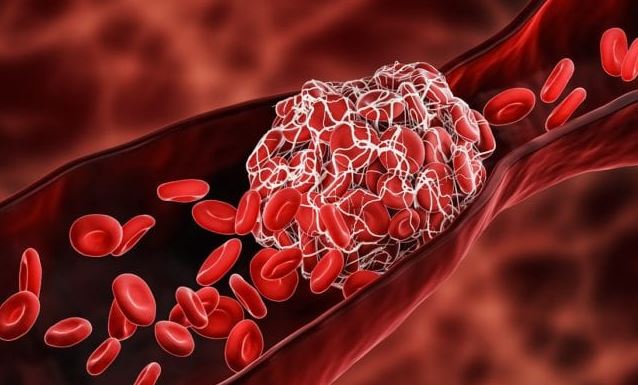Make sure your vitamin D levels are optimized, otherwise you could suffer a heart attack
07/02/2023 / By Ethan Huff

Research out of Australia has confirmed that vitamin D deficiency is directly linked to an increased risk of heart attack or some other cardiovascular event.
Supplementing with vitamin D – or better yet, exposing your skin to more natural sunlight – can go a really long way towards promoting a strong and healthy heart, which is absolutely critical in the age of Wuhan coronavirus (Covid-19) “vaccines.”
Since the jabs are known to clog people’s blood vessels, vitamin D optimization is of utmost importance. And the study confirmed that especially among older people, topping up one’s vitamin D stores can help to reduce the risk of major cardiovascular events.
While the absolute risk difference between the two groups evaluated in the study was relatively small, the researchers emphasized that the benefits of getting more vitamin D are not insignificant.
It is also important to note that the study is the largest ever to date to look at vitamin D and its impact on cardiovascular health.
“Cardiovascular disease (CVD) is a general term encompassing all conditions affecting the heart or blood vessels and is one of the main causes of death globally,” a Study Finds report on the study explains.
“CVD events like heart attacks and strokes are projected to increase as populations continue to live longer and chronic diseases become more and more common.”
(Related: Keeping your vitamin D levels optimized can also help to protect your body against cancer.)
It’s never a bad idea to optimize your vitamin D levels
Previous studies have identified a definitive connection between vitamin D levels and CVD risk, but none up until now have yielded evidence to show that vitamin D supplements can help to prevent cardiovascular events.
For this study, the Aussie team assessed whether or not supplementing older adults with vitamin D could help to reduce the number of major cardiovascular events that occur, on average, among older adults.
Known as the “D-Health Trial,” the study was carried out between 2014 and 2020 and included 21,315 Aussies between the ages of 60 and 84. All participants received one capsule of either 60,000 international units (IU) of vitamin D (10,662 people) or a placebo (10,653 people).
All participants took either the 60,000 IU dose or a placebo – neither group knew which one they were taking – orally at the beginning of each month over the course of five months.
“Those with a history of high calcium levels (hypercalcemia), overactive thyroid (hyperparathyroidism), kidney stones, soft bones (osteomalacia), sarcoidosis, an inflammatory disease, or anyone already taking more than 500 IU/day vitamin D were excluded from the experiment,” reports indicate about the study’s design.
Following the initial five-month period, researchers looked at data covering hospital admissions and deaths to look for major cardiovascular events such as heart attacks, strokes, and coronary revascularization (a treatment that restores normal blood flow to the heart).
At the end of the full five years of taking either the vitamin D supplement or a placebo, more than 80 percent of trial participants were still on track with participation. From this, the researchers determined that 1,336 participants had suffered at least one major cardiovascular event between 2014 and 2020 – 6.6 percent in the placebo group and 6 percent in the vitamin D group.
“Meanwhile, rate of major cardiovascular events was nine percent lower in the vitamin D cohort compared to the placebo group (equivalent to 5.8 fewer events per 1,000 people),” Study Finds further explains.
“Heart attack (-19%) and coronary revascularization (-11%) rates were lower in the vitamin D group, but the team did not note any differences in the rate of stroke between the two cohorts.”
The latest news about how to keep your body in tip-top shape with vitamin D can be found at VitaminD.news.
Sources for this article include:
Submit a correction >>
Tagged Under:
Cardiovascular, Heart, heart attack, heart health, natural remedies, nutrition, prevention, remedies, research, study, supplements, vitamin D, vitamin d3
This article may contain statements that reflect the opinion of the author
RECENT NEWS & ARTICLES
COPYRIGHT © 2017 HEART NEWS




















